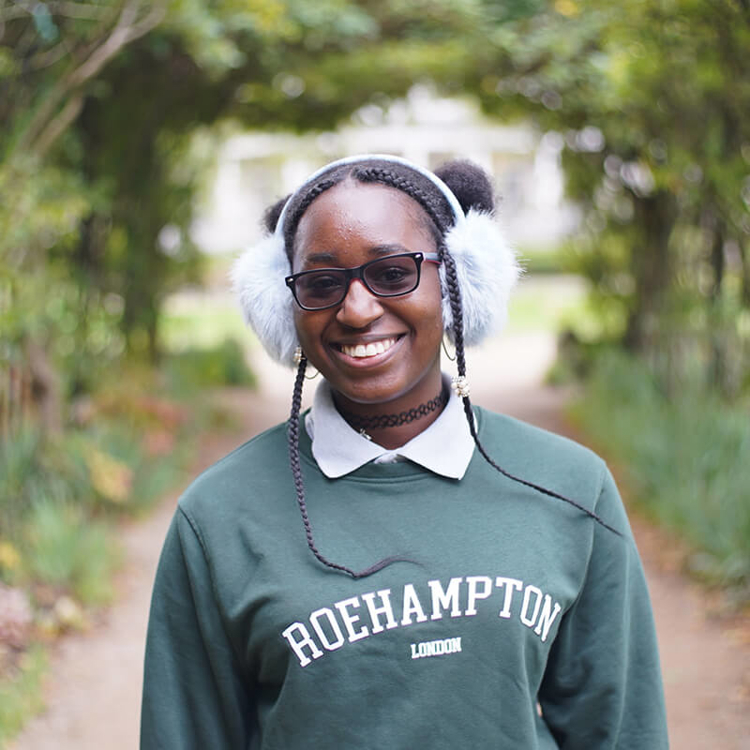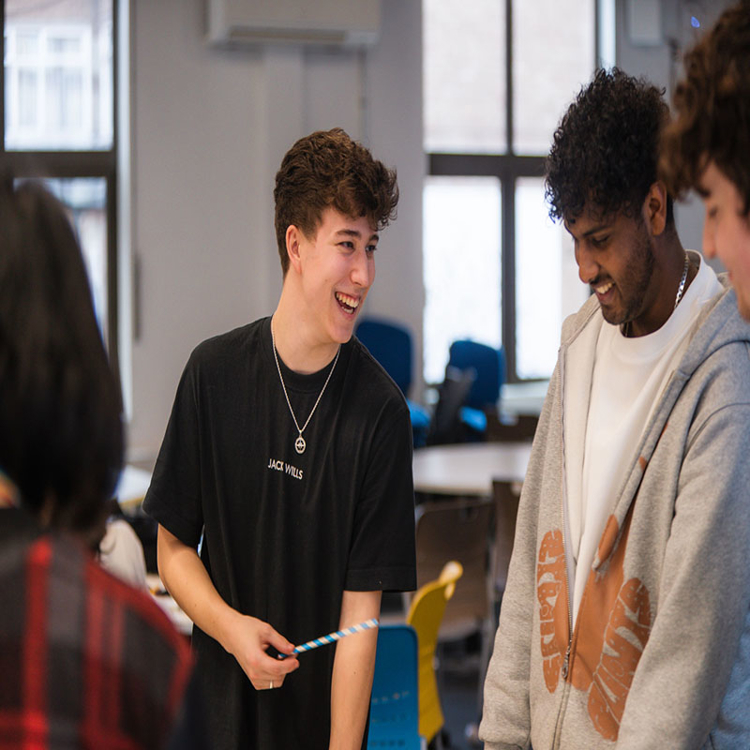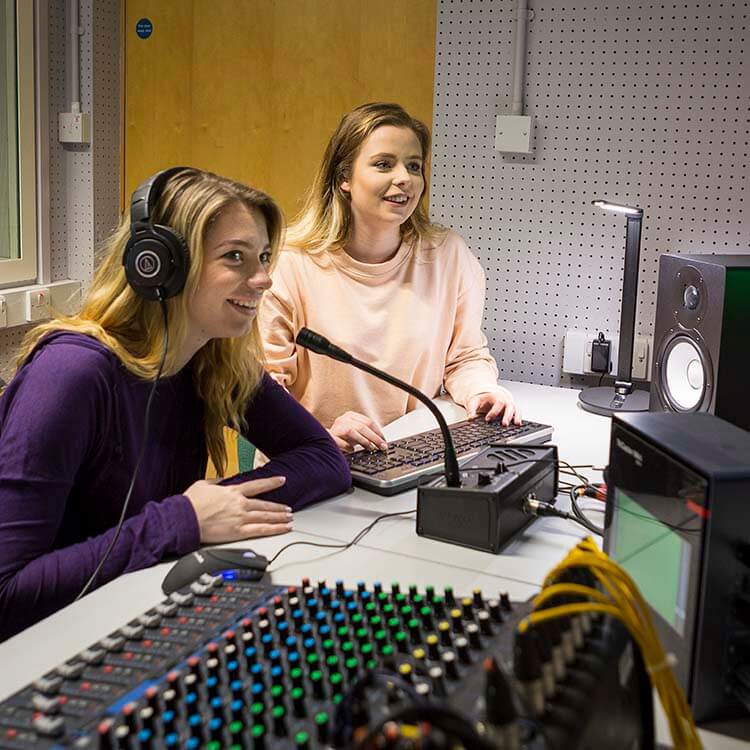Arts, Humanities, and Social Sciences
Where we seamlessly blend the vibrant creativity of the arts and digital industries with the rich traditions of humanities and social sciences in an inspiring educational environment.
Where we seamlessly blend the vibrant creativity of the arts and digital industries with the rich traditions of humanities and social sciences in an inspiring educational environment.

At the School of Arts, Humanities and Social Sciences, we offer a wide range of outstanding undergraduate and postgraduate degrees designed to meet your academic interests and career aspirations.
Our degrees are intricately designed with industry demands in mind, ensuring that you graduate equipped with the practical skills and knowledge needed to succeed in your chosen career. We offer much more than just classrooms and lectures. From cutting-edge technology to immersive learning environments, our facilities are designed to provide you with the tools and resources necessary to prepare you for the real world.
Take the first step toward your future success. Explore our wide range of degrees available below.
Our state-of-the-art media hub, the Sir David Bell Building, is home to those studying disciplines in media, communications, linguistics, film and photography.
Our digital media centre provides all students with a 2000 metre-square modern building offering world-class facilities including two newsrooms that replicate real working environments, a film studio, with state-of-the-art technology and equipment, and extensive resources for sound editing and production, including radio and podcasting.
The facilities were developed in conjunction with leading acoustic and theatre specialists to ensure that students will receive industry standard experiences. The result is a modern, adaptable learning environment, with spaces for individual and group work, interactive and collaborative projects, as well as quiet study spaces for students.

Get a real taste of our campus, community and what it’s like to study at Roehampton

We understand the significance of equipping you with the skills, knowledge, and experience necessary for success. That's why we integrate placements into all of our undergraduate courses.
Beyond your degree studies, being part of the Roehampton community grants you access to a wealth of career development resources. From career events to industry speakers and networking opportunities, we also provide personalised mentoring and careers support tailored to your needs.
Our careers support team is available to support you from the start of your studies until after you graduate. We will help you build your CV, prepare for interviews, and meet and learn from successful graduates working at the top of their careers.
